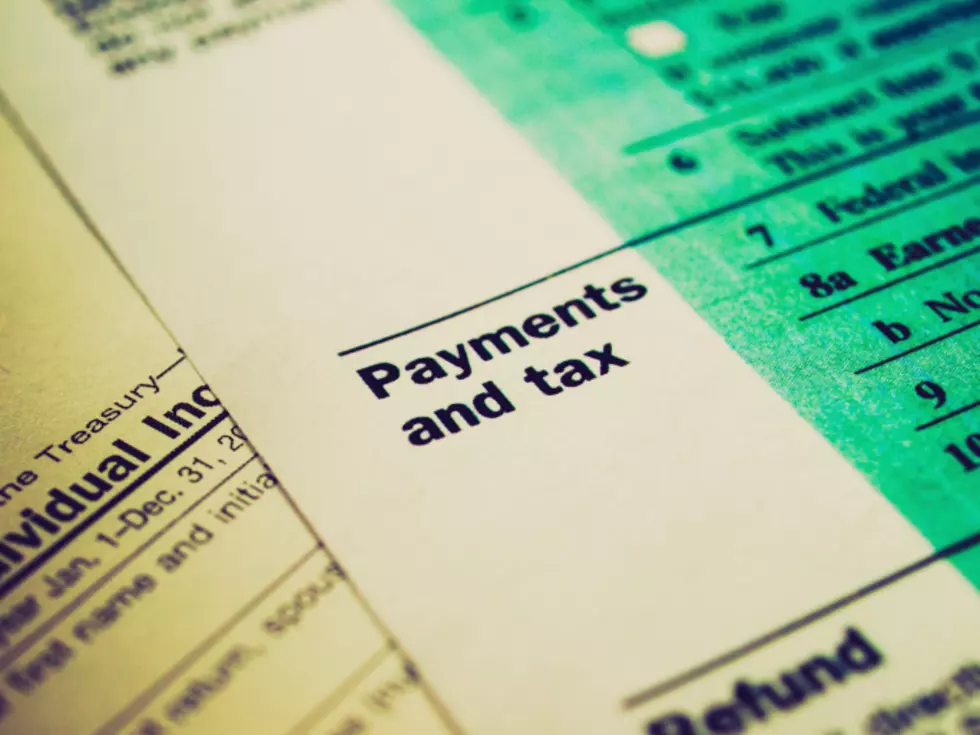
You may want to take a second look at your estate planning
Q. We had our estate planning documents set to have a trust to help us avoid estate taxes in New Jersey. Now that it’s changing, do we have to change our plan again?
— Catching up
A. You’re right that there are big changes ahead of the estate tax in New Jersey.
And now with the election of Donald Trump, we could see changes in the federal estate tax. That’s still unknown, so let’s keep to New Jersey.
The changes are good news for many families.
The state estate tax exemption of $675,000 is the lowest in the country and has led many families to build estate tax planning into their estate planning documents in an effort to minimize future tax, said Frederick Schoenbrodt, estate planning attorney with Bressler Amery Ross in Florham Park.
“For couples, this typically involved forming a credit shelter trust that would be funded at the first spouse’s death with an amount equal to the New Jersey estate tax exemption,” he said. “This then allowed each member of the couple to use their respective estate tax exemptionsto transfer eventually transfer their combined estate to their children or other beneficiaries.”
Schoenbrodt said with the state estate tax now being phased out – the exemption increases to $2 million in 2017, then the tax goes away entirely in 2018 – the use of credit shelter trust planning may not be necessary anymore.
Whenever a significant change to the estate tax law occurs, it’s a very good idea to review your estate planning documents with your estate planning attorney to be sure it still serves the purposes for which it was intended, he said.
“This phase-out is a dramatic change in the law and certainly qualifies as the kind of change for which you should seek a review,” he said.
Bear in mind that many couples prepared wills or revocable trusts that allowed for the funding of the credit shelter trust through a disclaimer by the surviving spouse, Schoenbrodt said.
Under this plan, in the absence of a disclaimer of property by the surviving spouse, the surviving spouse would receive all of the deceased spouse’s assets outright and free of trust, he said.
If the spouse disclaimed, or renounced the right to receive certain assets within the nine-month period following the first spouse’s death, then, under the terms of the will, the disclaimed assets would drop into a disclaimer trust, which is a credit shelter trust, Schoenbrodt said.
“The use of disclaimer trust planning in a will allows the surviving spouse to elect or not elect to fund the trust,” he said. “If your wills are drafted in this way, then they are likely fine even in the face of the new law.”
Schoenbrodt said if a credit shelter trust would not be helpful, then the spouse simply doesn’t disclaim and receives the property outright. You may want to confirm with your estate planning attorney if this is the approach in your documents.
Finally, the use of trusts for estate tax planning may still make sense for families that have an estate that is sizable enough to be subject to the federal estate tax.
That exemption is currently $5.45 million per person, rising to $5.49 million in 2017, he said. (That could rise or be eliminated under a Trump presidency.)
Although the exemption is portable between spouses — making the use of a credit shelter trust less critical — funding a trust at the first spouse’s death may still be helpful for families with estates likely to be subject to the federal estate tax, he said.
“The trust will shelter the amount of the first spouse’s exemption from estate tax at the second spouse’s death, but will also capture and shelter any appreciation in those assets that occurs between the first and second deaths,” he said. “The use of a trust at the first spouse’s death also allows the family to maximize generation-skipping transfer (GST) tax planning if that long range tax planning appeals to the family.”
This is a great time to review your estate planning documents with your advisor to be sure that they still suit your circumstances and objectives.
Email your questions to ask@njmoneyhelp.com.
Karin Price Mueller writes the Bamboozled column for The Star-Ledger and she’s the founder of NJMoneyHelp.com. Click here to sign up for the NJMoneyHelp.com weekly e-newsletter. Like NJMoneyHelp.com on Facebook and follow it on Twitter.
More From New Jersey 101.5 FM









